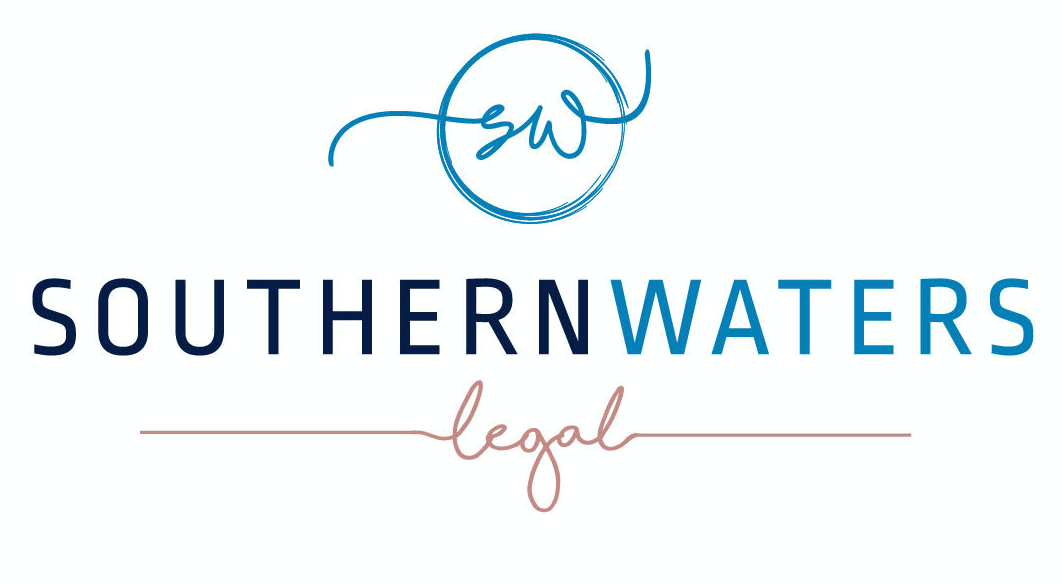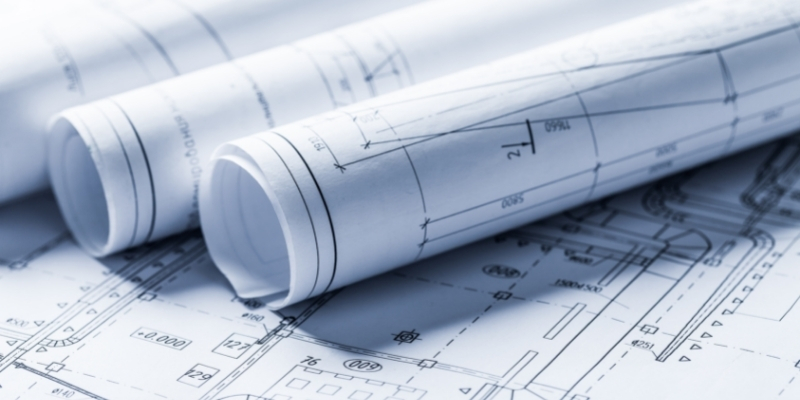Unauthorised works in Strata Schemes – Beware!
When a lot owner wishes to undertake renovations or works to their property and those works will affect the common property of the owners corporation, you will need to pass a common property rights by-law. Since by-laws are only enforceable once registered, the by-law should be passed by special resolution of the owners corporation and registered prior to the works commencing. This by-law will generally cover issues such as: responsibility for ongoing maintenance and repairs, insurance and consequential damage from the works.
Some strata schemes may have an overarching common property rights by-law that enables lot owners to undertake works from time to time without passing a new by-law. These by-laws will generally permit the lot owner to undertake the work on the condition that they first seek consent from the owner’s corporation. These are more common in older strata schemes and should be treated with caution.
With the above in mind, it raises the obvious question – what if the works are undertaken without a registered common property rights by-law?
These are known as unauthorised works and are a common cause of concern and conflict in strata schemes.
Why are they a problem for the owners corporation?
The issues in respect of unauthorised works in strata schemes are best illustrated by the NSW Court of Appeal case, The Owners–Strata Plan 21702 v Krimbogiannis [2014] NSWCA 411:
- An occupier removed a glass panel from the external common property wall and replaced it with a glass sliding door;
- This work was undertaken without the consent of the owners corporation;
- The owners corporation wanted the external wall to be returned to its original condition;
- The NSW Court Appeal held that:
- the owners corporation is required to comply with its statutory duty to repair and maintain common property, focusing on “preserving the original fabric of the common property.”
- this duty does not extend to unauthorised additions or alterations that do not form part of the original fabric of the common property;
- the owners corporation is responsible for removing alterations or additions to common property that have been made by an owner without authorisation, to restore the common property to its previous condition; and
- the owners corporation can obtain an access order to remove the alternations or additions, by showing that it needs to gain access to the lot, to properly maintain the common property or keep it in good repair (or return it to its original condition).
What can the owners corporation do about unauthorised works?
Following on from the Krimbogiannis case, there are a couple of different strategies for owners corporations:
- The owners corporation can request a scope of works, plans, drawings, structural reports, insurances, and all relevant documents, as well as a draft common property rights by-law granting retrospective approval. This by-law will need to be passed by special resolution at a general meeting and the written consent of the lot owner is required. The by-law would also state whether responsibility for maintenance of the relevant common property works rests with the owners corporation or the lot owner undertaking the works; or
- If the lot owner will not provide written consent, then the owners corporation can apply to the NSW Civil and Administrative Tribunal (NCAT) seeking an order that the by-law be made regardless of the lack of consent; or
- In the alternative, rather than seeking to resolve these issues by way of a by-law, the owners corporation can demand that the lot owner remove the unauthorised works and return the common property to its original state, noting that the owners corporation has a duty to repair and maintain the common property (as demonstrated in Krimbogiannis). If the lot owner refuses to comply with that demand, the owners corporation can make an application to NCAT seeking orders to access the lot to carry out the works and attempt to recover any costs of doing so from the lot owner.
In essence, the most cost-effective approach for the owners corporation and the lot owner is to pass a by-law dealing with the works retrospectively. If consent is not forthcoming, then the owners corporation will be required to seek an order in NCAT to pass the by-law or gain access to remove the unauthorised works.
What are your rights as a lot owner who has undertaken unauthorised works?
Without an access order from NCAT, there is no right at law for the owners corporation to enter the lot and remove the unauthorised works, unless the occupier of the property provides consent. It is important to note that an “occupier” is not the same as an “owner”. The occupier may be a tenant renting the property.
If you have undertaken unauthorised works or purchased a property with unauthorised works, then you should be aware that the owners corporation may seek an order from NCAT:
- requiring the owner’s corporation to pass a by-law requiring you to be responsible for repairing and maintaining the works, as well as insurance and any consequential damages; or
- permitting the owners corporation to enter the lot and remove the works at the lot owner’s cost.
What about damage caused by the unauthorised works?
A common property rights by-law authorising works typically includes a clause requiring that the lot owner indemnify the owners corporation for any losses resulting from the works.
So, what if the works are unauthorised and there is no by-law? For example, if a lot owner has undertaken unauthorised works by renovating their bathroom and incorrectly installed the waterproofing. Who is responsible for the loss caused by the water leaking through to the apartment below?
As discussed above, the owners corporation has a duty to repair and maintain common property, to preserve its original fabric, including the removal of unauthorised works. That means that it has a duty to restore the common property to its original condition, but it does not have a duty to repair the unauthorised works and associated damage.
It is worth noting that the outcomes in such situations will often depend on the individual by-laws of the strata scheme and the nature of the works undertaken. To reduce the risk of bearing any additional and unnecessary costs, it is best to ensure that a by-law is passed prior to undertaking any works.
If you have any questions or concerns about your strata by-laws or require assistance with understanding your strata rights, please do not hesitate to contact our team on 02 9523 5535. We are here to assist you with any of your strata enquiries.



